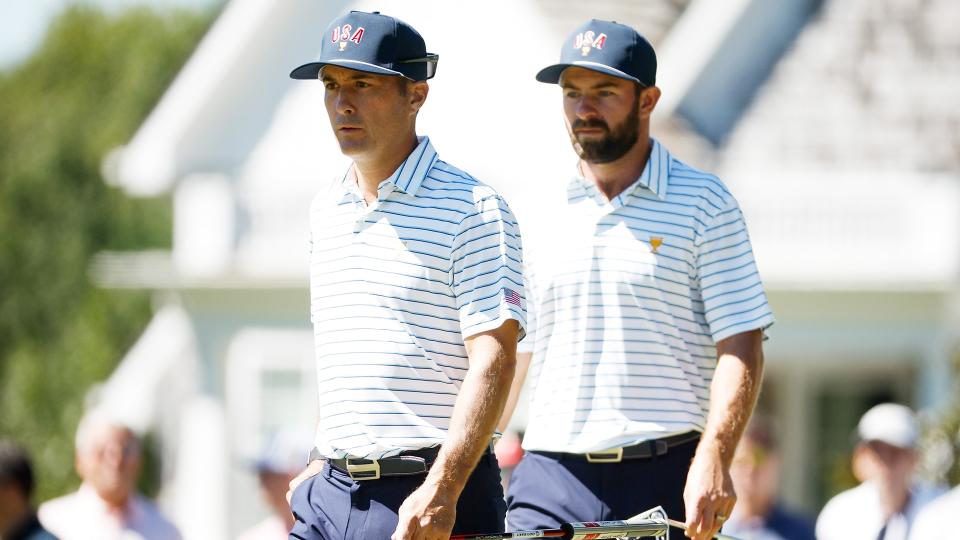
A Northern California judge clarified a question of timing that led to legal challenges in four other US Circuit Courts. But the antitrust case filed against the PGA Tour last year by LIV Golf remains in limbo as both sides await a likely appeal.
Judge Beth Labson Freeman ruled Wednesday that subpoenas for depositions and documents in the case served to four witnesses – Kevin Kisner, Cameron Young, James Hahn and player manager Mark Steinberg – were properly served.
Kisner, Young, Hahn and Steinberg challenged the subpoenas in four separate courts, claiming they were untimely. A judge in Georgia granted Kisner’s motion to quash the subpoena for numerous reasons, including the request being “unduly burdensome” and failing to meet the court’s deadline.
Labson Freeman, however, ruled that the deadline to serve subpoenas to “non-parties” like Kisner and the others is June 6.
Although the ruling cleared up the most recent discovery dispute, the case remains mired in uncertainty as the court awaits a ruling from the 9th US Circuit Court of Appeals on whether that court will hear an appeal from the Public Investment Fund of Saudi Arabia and its governor, who have been named co-defendants in the Tour’s countersuit but have claimed they’re not subject to US jurisdiction because of sovereign immunity.
In a video hearing Monday, Labson Freeman reiterated her desire to continue with discovery despite the uncertainty of the appeal, and attorneys for the Tour continued to stress their opposition to the current case schedule.
“Obviously the lawsuit has changed. The players are all gone now. This is about LIV/PIF and the Tour. I say LIV/PIF because we know they are one in the same. LIV really is PIF. LIV wants to go ahead quickly [with the case]but PIF makes a decision that slows down the case,” argued Elliot Peters, the Tour’s lead attorney.
Although Labson Freeman allowed for the uncertainty of the appeal for some deadlines, most notably the deadline for expert discovery, she remained committed to the current May 17, 2024, trial date.
“It is very important to preserve the evidence now,” Labson Freeman said. “The longer it takes to go to trial the more important it is to do the discovery now.”
The next case management conference is scheduled for Aug. 24 and Labson Freeman ruled that there will be an “in person” hearing in San Jose, California.